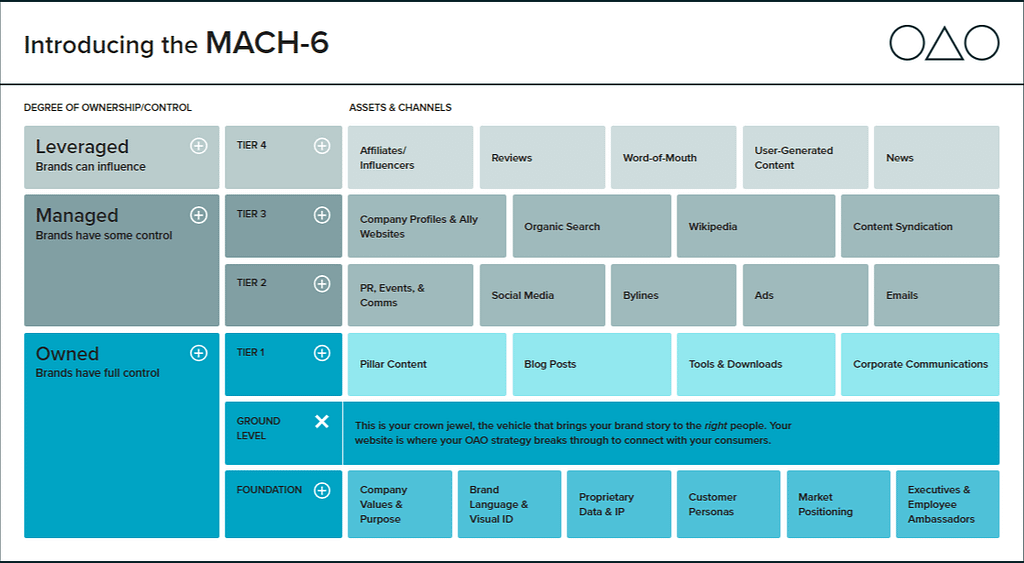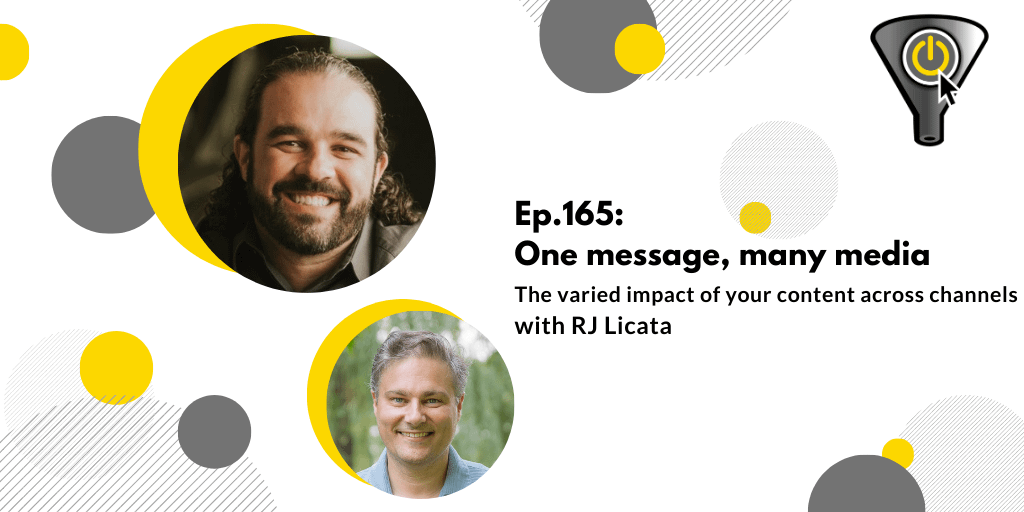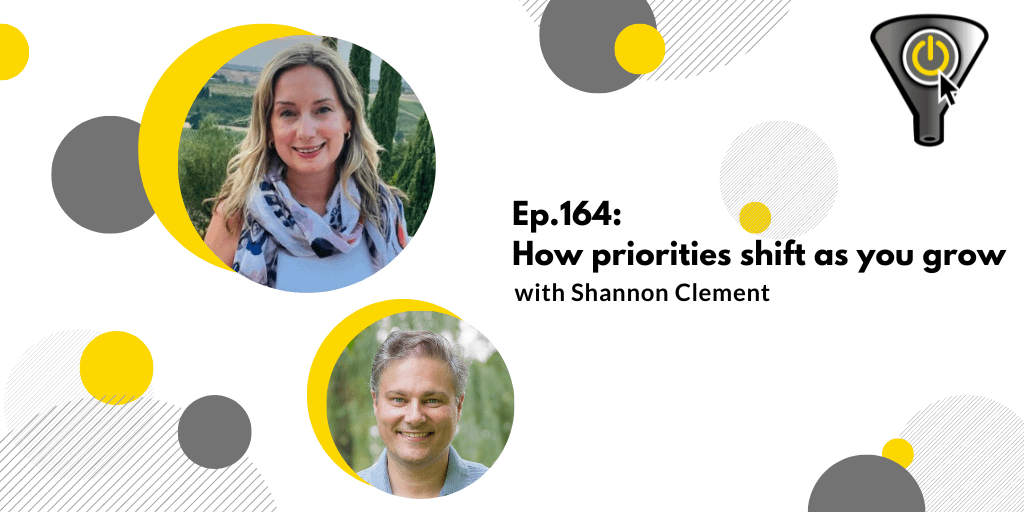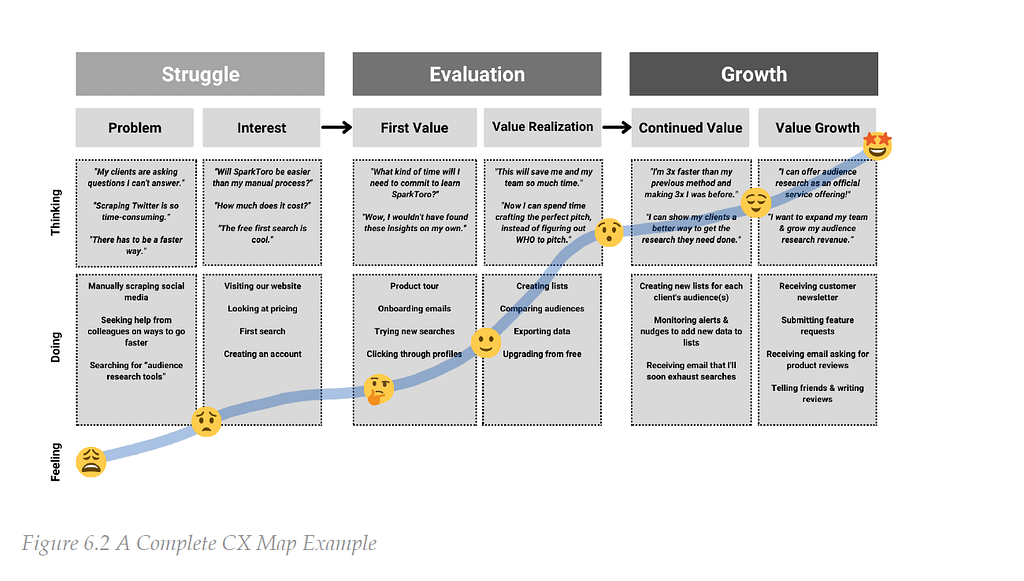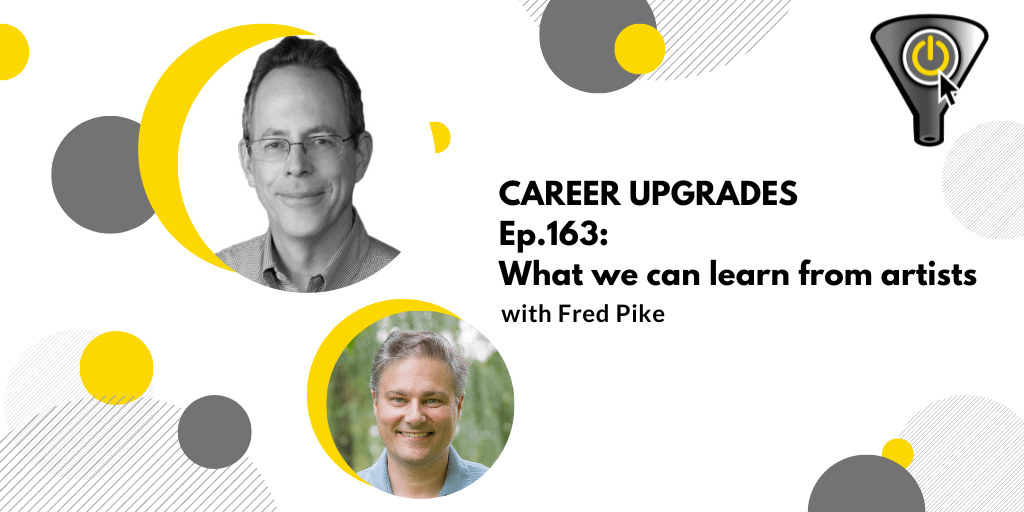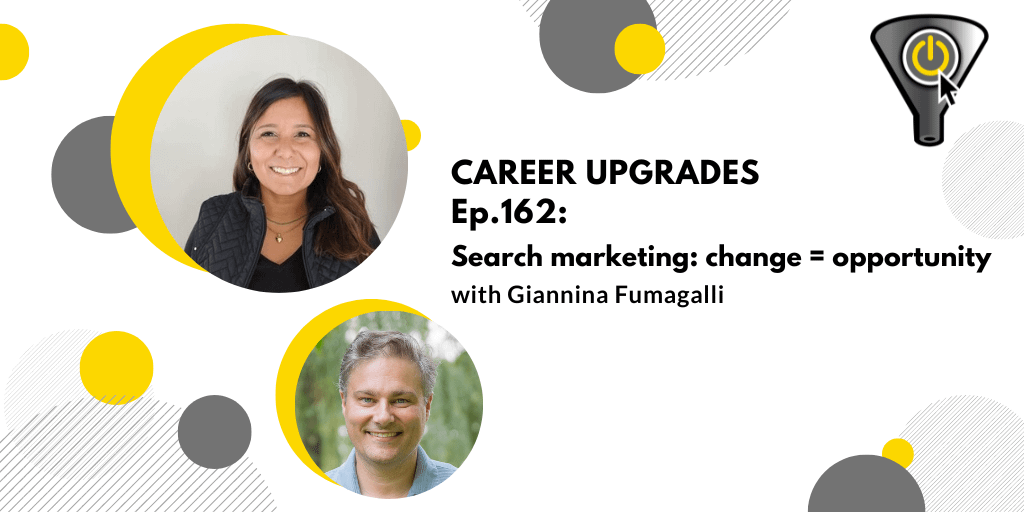Episode 165
Did you know that how your message is received is mainly dependent on where people received it? This is a fact of life in an era that’s framed by paid, earned, shared and owned channels, best known in its acronym form as the PESO framework.
Focusing in on what we want our brand to be known for, we’re soon hit with the reality that the same content plays differently when it’s issued in a corporate release versus an influencer’s social post versus a customer’s review versus a direct message that’s sent from someone we know.
We have limited control in many of these settings, and because of the sway gigantic Silicon Valley companies have, even the media channels that let us publish content aren’t giving us enough control for us to say we really own those properties.
So how do we tune our content for these channels, so each one has the greatest impact on our audience?
Our guest says that only after we accept the degrees of control afforded to us by different channels, can we align our content with what each of them does best.
This concept is called Owned Asset Optimization
RJ Licata began working at Terakeet, a central-NY Mktg company in 2014. He is now the senior director of marketing there. Prior to that, RJ worked in New Media and Web Strategy with the fabled Syracuse University football program, running their social media and official team site.
RJ has a bachelor’s degree from SUNY Cortland and received his master’s degree in instructional design, development and evaluation from Syracuse University. RJ is also a fiction and non-fiction author and together with his wife, tries corralling their three children, mostly unsuccessfully.
People/Products/Concepts Mentioned in Show
Planter’s death and rebirth of the Mr. Peanut brand.
Concept of Permission Marketing by Seth Godin
